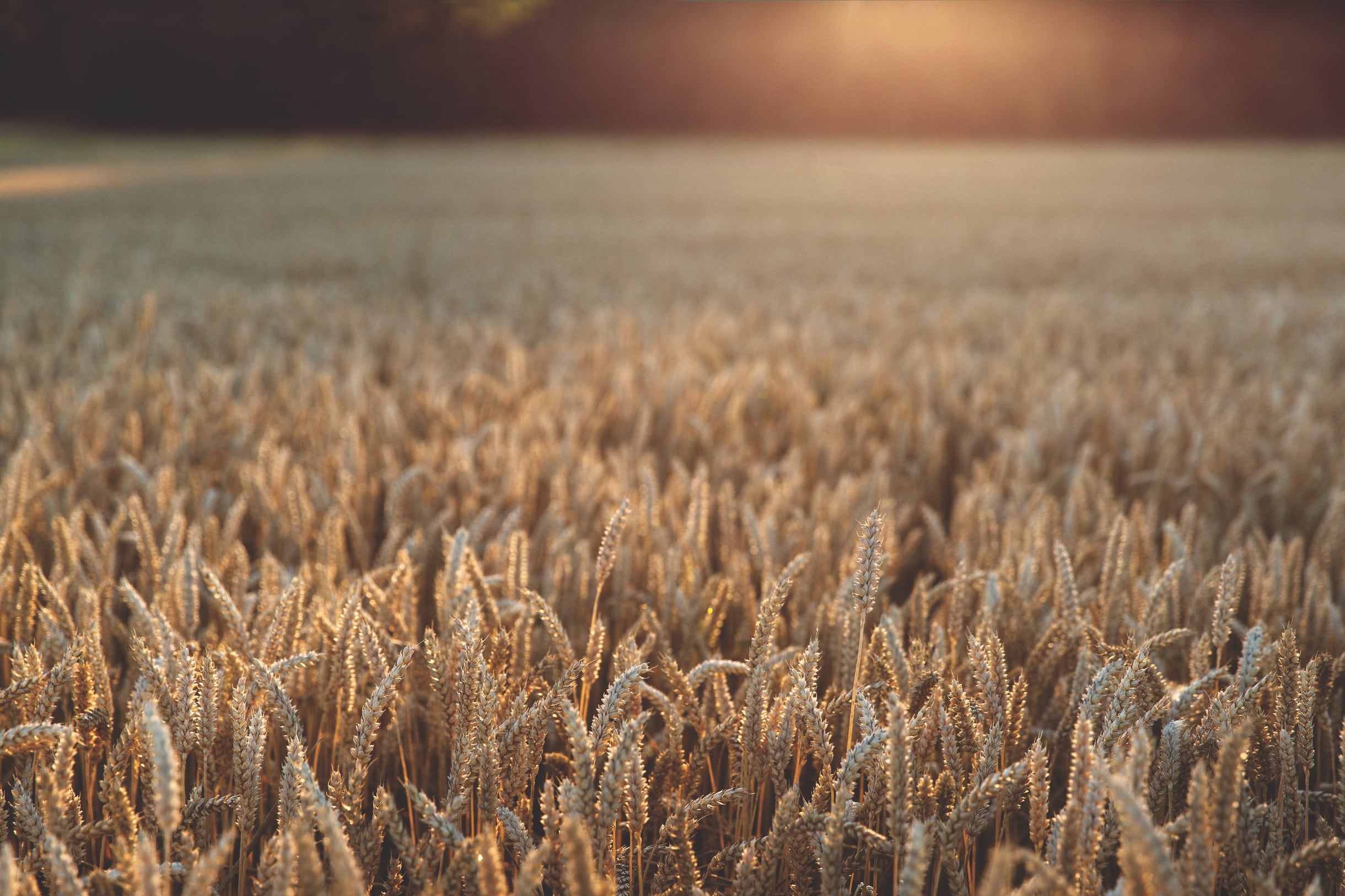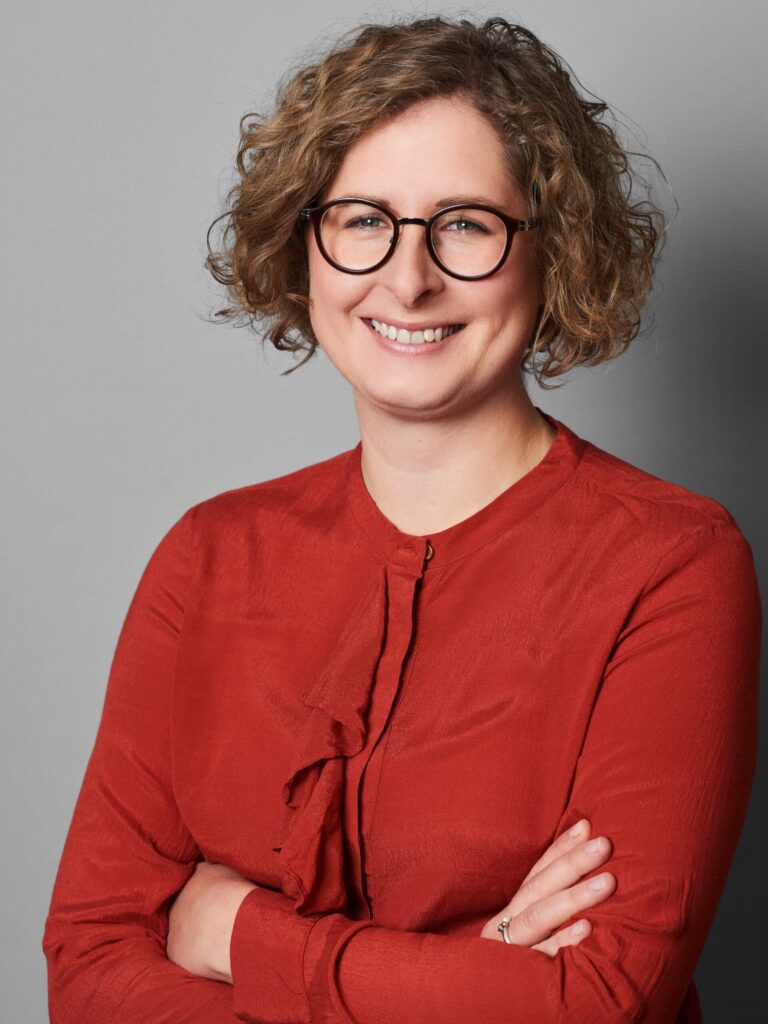
Absolut’s sustainable wheat farming explained
As one of the largest purchasers of wheat in southern Sweden, we have a great opportunity at Absolut to make a difference and promote sustainable farming. Thanks to the work of our wheat experts Thomas Olsson and Karin Skoog, we keep track of how farmers perform and can encourage them to make sustainable improvements customized for each farm.
Karin Skoog and Thomas Olsson are responsible for Absolut’s relations to the wheat farmers and two of the architects behind Absolut’s new wheat cultivation concept and compensation system.
How is Absolut able to encourage more sustainable farming?
Thomas Olsson: We’ve worked with farmers here in southern Sweden for a long while. By collecting extensive data, we have a very clear picture of how individual farms perform in terms of sustainability. We keep track of what and how much they emit, both naturally and from using fertilizers and fuels. We also know how efficient their harvest is, the status of the soil health, and the various biodiversity initiatives they have implementet.
”What sets us apart is how much we know about our wheat”
Karin Skoog: Based on what we know about each farm, we now have a toolbox they can use to benefit from the various sustainable initiatives they implement. It is in part a point-based system that incentivizes initiatives that reduce climate impact, increase soil health and improve biodiversity.

What is required to reach a higher compensation level?
Karin: To begin with, we know that each farm is unique and work under different circumstances. So with that in mind, we try to not make every farm fit into the same mold and force them into making the same improvements. There are, of course, certain requirements they need to fulfil, but each farm must also be able to choose which improvements are most suitable and feasible for them. In order to benefit from higher compensation, a certain points threshold needs to be achieved.

One area covered in the concept is crop roation and intermediate crops. Can you explain what that is and why it’s important?
Thomas: We use winter wheat in our vodka, which is typically sown in October and harvested in August the following year. After the harvest, many farms rotate crops, typically to sugar beets. However, sugar beets are often sown in March, which means that the fields are more or less empty for a few months. That is, if you’re not growing intermediate crops.
“We try to not make every farm fit into the same mold”
So, we’re looking at different crops that our farmers can grow during these critical months. What we’ve found is that with the right crops, both the farmers and the planet can benefit. The farmers can diversify their harvest and improve their soil health, which in turn minimizes the risk for crop diseases and gives increased yields. And the planet benefits, because fields with good crop rotation and the right intermediate crops emit less green-house gases and have greater biodiversity.
What other initiatives are you promoting that improves biodiversity?
Karin: We look at how farms treat surrounding waters such as streams, wetlands and dams. We also give farmers extra points for promoting efforts that support a diversity of insects, like having flowering field edges and so-called “beetle banks” that give space for insects to hibernate.

What’s unique with Absolut’s approach to farming?
Karin: What sets us apart is how much we know about our wheat. Most distilleries around the world buy their main ingredients on a so-called spot market, without knowing where it comes from or how it’s grown. In those cases, it’s usually the price that determines what you buy, and not the farmers consideration for climate, soil health and biodiversity. Since we know how our wheat is grown, we can set standards that guarantee high quality and demonstrate a responsibility for the climate and the environment.
“We now have a toolbox farmers can use to benefit from the various sustainable initiatives they implement”
Thomas: We pay a premium for our wheat, because we want that guarantee. The whole purpose of our job is to generate an optimal ingredient for our vodka with the least possible impact on the environment and the climate.